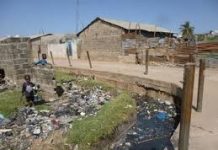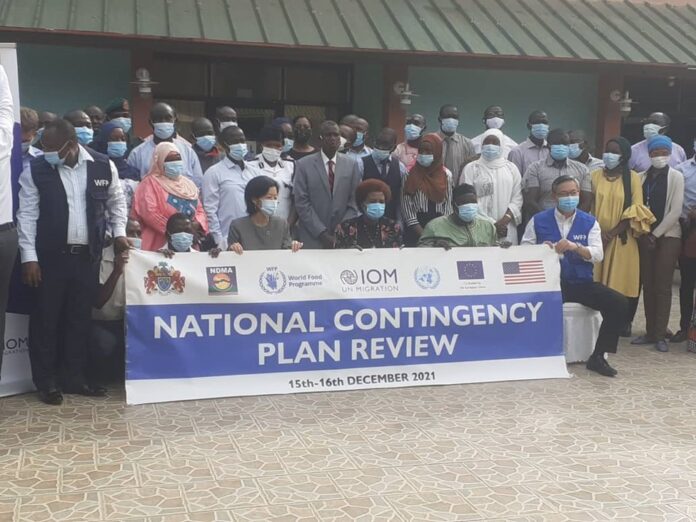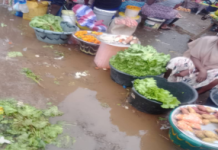By Madiba Singhateh
The National Disaster Management Agency (NDMA) in partnership with the World Food Program and the office for coordination of humanitarian affairs on Wednesday, 15 December kick-started a two-day reviewing process of the National Multi-Hazard Contingency Plan.
Held at Senegambia Beach hotel, the main aim of the contingency plan is to reduce the maximum extent possible to the adverse impact of an anticipated disaster on the affected population. The plan will also help coordinate response which will maximise existing capacities and minimise gaps in humanitarian response.
Speaking at the program, the executive director of NDMA, Sanna Dahaba, said they gathered to review the National Multi-Hazard Contingency Plan commonly called the National Contingency Plan that serves as a blueprint for preparing for and responding to disasters in the Gambia.
He said the contingency plan is expected to boost the nation’s efforts to develop responses capability and promote overall coordination for anticipated disasters in the Gambia as per the implementation of plan.
“The review of the plan developed with multi-stakeholders’ involvement addressing hazards at both regional and national levels. The present contingency plan outlines the history of disasters in the Gambia and the projected likely trend, given the historical perspective, it also identifies the main contingency for pre and post emergency in the Gambia through a multi sectorial approach,” he said.
Mr Dahaba concluded that NDMA being the coordinating institution remains committed to ensuring that the humanitarian response which aims at mitigating the adverse impact of the identified hazards on the people, and is hoped to enhance effective preparedness and response.
“As an agency, we are committed to providing a common framework for interventions of all partners in disaster preparedness and response to reduce and mitigate those risks to be identified from the two -day technical session on the plan,” he said.
UN Resident Coordinator, Ms. Seraphine Wakana, said the workshop was in response to the request made by NDMA earlier this year.
“As you all may be aware, The Gambia is prone to a variety of hazards and has been experiencing recurrent disasters for over several years especially with increasing impacts of climate change,” she said.
In fact, she said the UN common Country Analysis, which is a UN system joint analysis of development challenges the country is facing, shows that the intensity and frequency of these disasters have increased progressively leading to floods and occasional droughts and affecting the lives and livelihoods of communities and households.





















